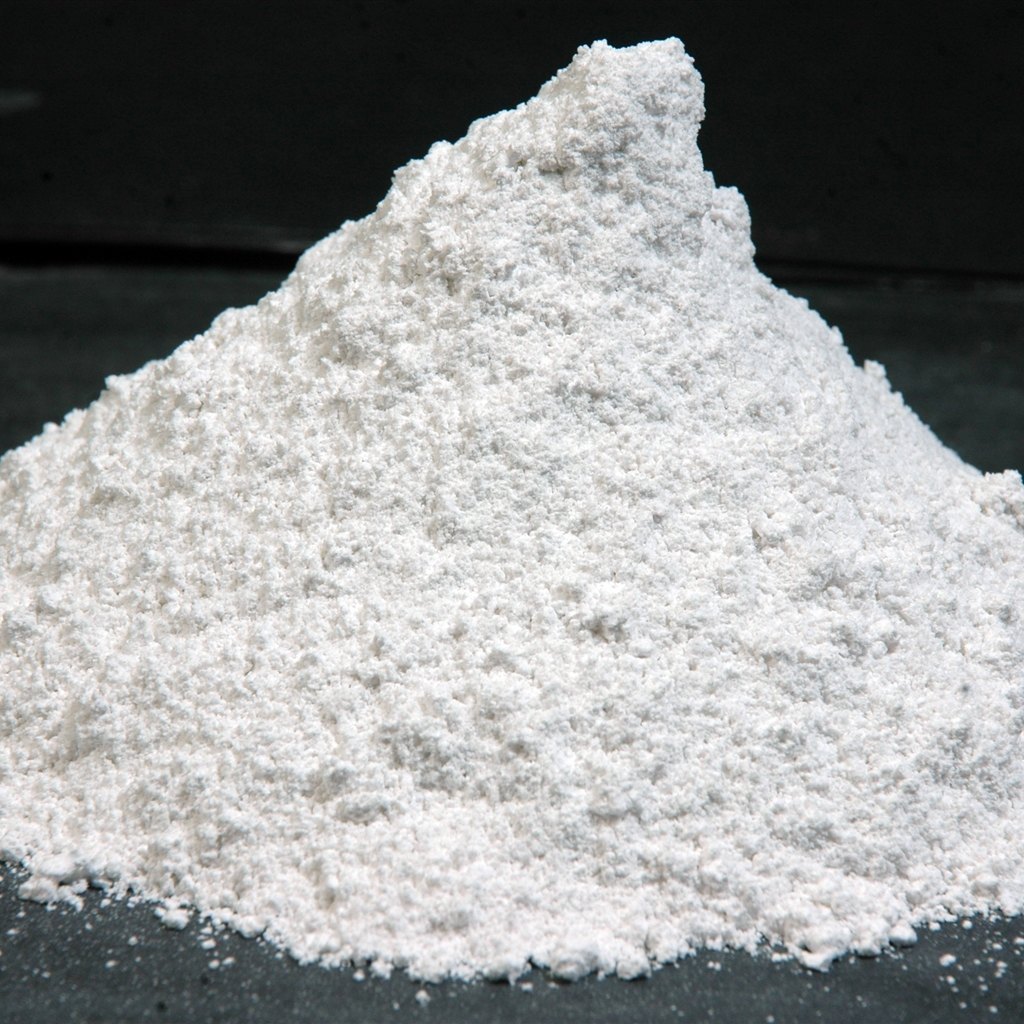Calcium carbonate is a natural substance that plays a crucial role in helping plants grow better. It is commonly found in limestone and chalk and is widely used in agriculture to improve soil quality. The benefits of calcium carbonate for plant growth are numerous, ranging from improving soil structure to enhancing nutrient uptake. This article explores how calcium carbonate contributes to healthier plants and more productive gardens.
Improving Soil pH
One of the main ways calcium carbonate helps plants grow is by adjusting the pH level of the soil. Many soils, especially those in areas with high rainfall, can become acidic over time. Acidic soils can make it difficult for plants to absorb essential nutrients. Calcium carbonate, when added to the soil, neutralizes the acidity and raises the pH to a more suitable level for plant growth. This process creates a more balanced environment that supports better root development and nutrient absorption.
Enhancing Soil Structure
Calcium carbonate also improves the overall structure of the soil. In clay-heavy soils, it helps to break down compacted particles, allowing air, water, and nutrients to penetrate more easily. This is especially beneficial for root systems, as the roots need to access water and oxygen to grow. By improving soil aeration, calcium carbonate powder ensures that plants receive the necessary resources to thrive.
Strengthening Plant Cell Walls
Calcium plays a vital role in strengthening plant cell walls. Calcium carbonate provides plants with a source of calcium, which is essential for the formation of strong cell walls. Strong cell walls not only improve the structural integrity of the plant but also help the plant resist diseases and pests. This makes calcium carbonate a key ingredient in promoting healthy, robust plant growth.
Boosting Nutrient Uptake
Calcium carbonate aids in the absorption of other nutrients from the soil. It helps to unlock essential minerals like magnesium, potassium, and phosphorus, making them more accessible to plants. By ensuring that plants can absorb a wider range of nutrients, calcium carbonate supports overall plant health and vitality. Healthy plants are better able to resist diseases and environmental stresses, leading to more productive and resilient crops.
Supporting Root Development
In addition to its impact on soil pH and structure, calcium carbonate also promotes healthy root development. Roots are the foundation of a plant, and calcium plays a critical role in their growth and function. Adequate calcium levels in the soil help roots grow deeper and more effectively, which allows the plant to take up water and nutrients more efficiently. Well-developed roots lead to healthier plants and greater yields.
Reducing Soil Erosion
Soil erosion can be a significant problem in agricultural areas, especially in regions with heavy rainfall or windy conditions. Calcium carbonate helps to bind the soil particles together, reducing the likelihood of erosion. This is particularly important for maintaining the health of the soil in areas where crops are regularly planted. By preventing soil erosion, calcium carbonate contributes to long-term soil fertility and sustainability.
Conclusion
Calcium carbonate is an essential tool in promoting plant growth. From adjusting soil pH and enhancing soil structure to strengthening plant cell walls and improving nutrient uptake, it offers numerous benefits for gardeners and farmers alike. For anyone looking to improve their gardening or farming practices, understanding the role of calcium carbonate can lead to better soil management and healthier plants.

